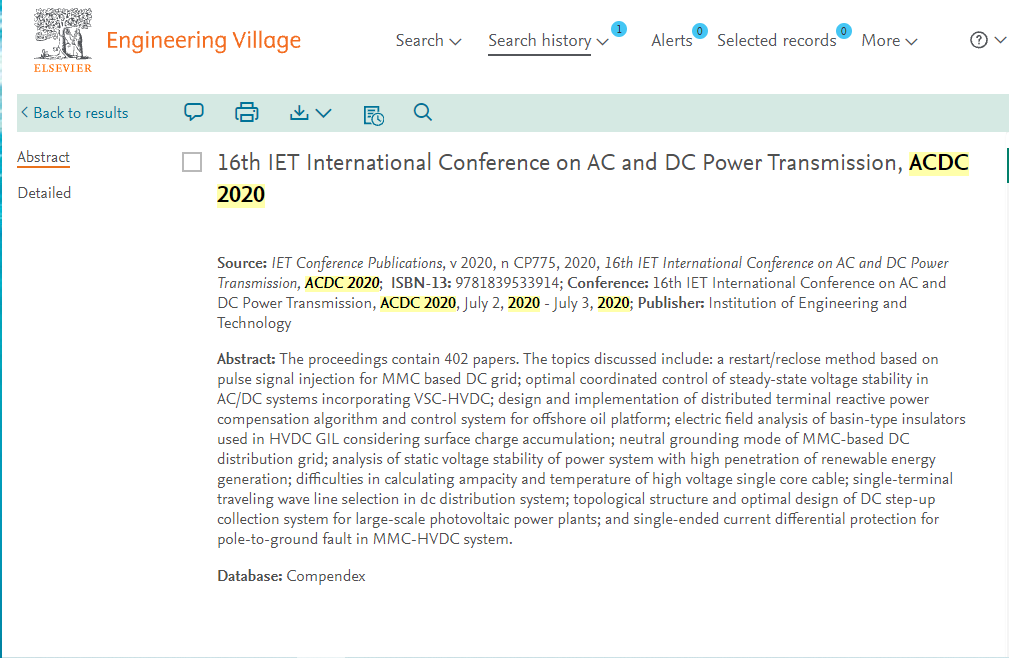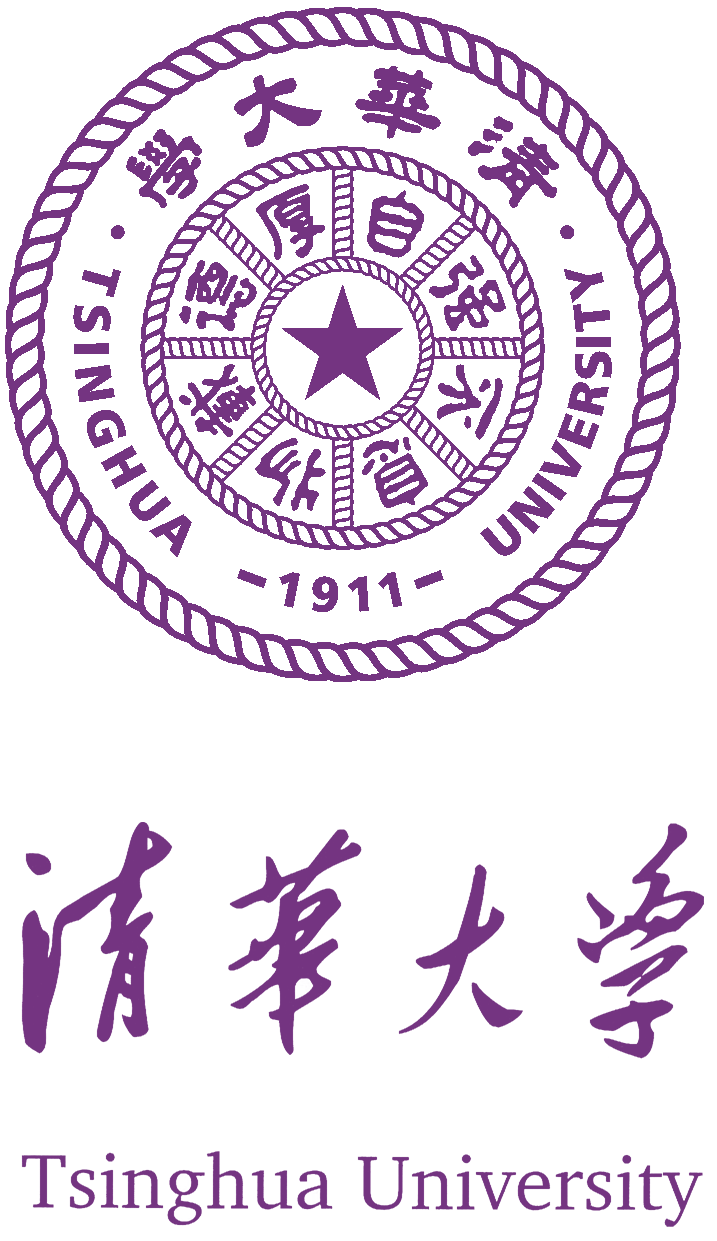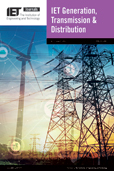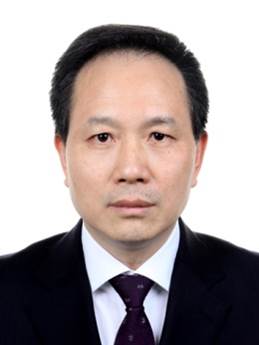
|
Professor Guangfu Tang, Globe Energy Interconnection Research Institute, SGCC, China
Title of speech: High Power Conversion Technology for HVDC Application in China
Dr. Tang received the B.Eng. degree in electrical engineering from Xi’an Jiao Tong University, Shanxi, P.R. China, in 1990, and the M. Eng. degree and the Ph.D. degree in electrical engineering from Institute of Plasma Physics, The Chinese Academy of Sciences, Hefei, China, in 1993 and 1996 respectively. During 1996-1998, he had a postdoctoral position with China Electric Power Research Institute (CEPRI), Beijing,China. In 1998, he joined the CEPRI, where his research fields focus on power electronics application in power system, and including flexible AC transmission systems (FACTS),high voltage and ultra high voltage in DC (HVDC/UHVDC) transmission system, VSC HVDC transmission system, and DC grid. In 2012, he joined the State Grid Smart Grid Research Institute, and now he is a vice president of Globe Energy Interconnection Research Institute, Beijing, China. Dr. Tang was a regular member before of CIGRE SC B4 committee. He is a member of CIGRESC B4 AG4. And he was the Convenor of CIGRE SC B4 Working Group B4-48. He also was a member of IEC SC22F WG25 and MT22. Now, he sits on a member of the IEEE PES Narain Hingorani FACTS and Custom Power Award Committee. In 2017, he was become a member of Academician of the Chinese Academy of Engineering.
|
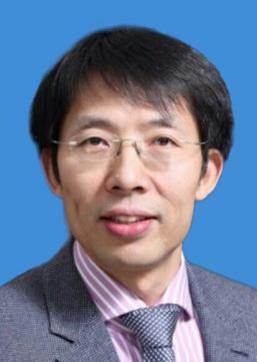 |
Professor Rong Zeng, Tsinghua University, China
Title of speech: System analysis-equipment design-device developmentHow to integrate together
Prof. Rong Zeng, vice provost at Tsinghua University, director of State Key Laboratory of Control and Simulation of Power System and Generation Equipment. In 2005, he was awarded the New Century Outstanding Talent by the Ministry of Education. And since 2007, he has been the professor of the Department of Electrical Engineering at Tsinghua University. In 2012, he was awarded the IET Fellow and Beijing Youth Science and Technology Award. In 2013, he won the National Outstanding Youth Science Fund. In 2016, he was awarded the distinguished professor of the Changjiang Scholar by the Ministry of Education. In 2017, he was awarded the title of leading talents in science and technology innovation of national ten thousand talents plan by the Ministry of science and technology.
He has long been engaged in the fundamental and key technologies research in the field of the advanced power transmission technology, and has made some achievements in such fields as the optoelectronic integrated electric-field sensor for intensive transient EMF measurement, the lightning physics, lightning protection and grounding on power system, electromagnetic transient simulation, DC power transmission and distribution,etc. He has successively taken dozens of research projects, such as the more than 10 programs from National Natural Science Foundation of China, and some of the National fundamental research programs (973) and National key technology programs (863). He has won second prize of the National Science and Technology Award, Beijing Youth Science and Technology Award, two first science and technology prize of the provincial and ministerial level, and won the Capital Labor Medal. He has published more than 300 papers, obtained 59 patents, and taken part in 6 items of national standards.
|
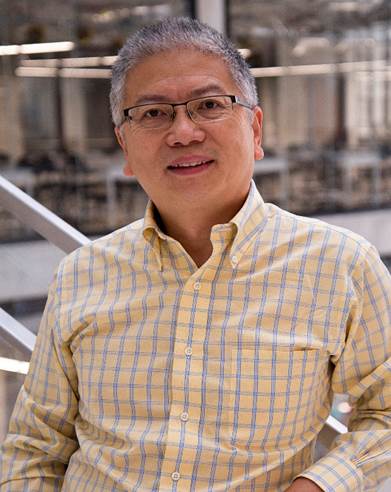 |
Keynote speech by Professor Alex Q. Huang, University of Texas at Austin, USA
Title of speech: Medium Voltage SiC Power Device Technology for ACDC Grid Applications
Alex Q. Huang received his B.Sc. degree from Zhejiang University, China in 1983 and his M.Sc. degree from Chengdu Institute of Radio Engineering, China in 1986, both in electrical engineering. He received his Ph.D. from Cambridge University, UK in 1992. He was a professor at CPES Virginia Tech from 1994-2004. From 2004 to 2017, he was the Progress Energy Distinguished Professor of Electrical and Computer Engineering at NC State University where he established and led the NSF FREEDM Systems Center. Since 2017, he has become the Dula D. Cockrell Centennial Chair in Engineering at University of Texas at Austin where he directs the Semiconductor Power Electronics Center (SPEC). Since 1983, he has been involved in the development of modern power semiconductor devices and power integrated circuits. He fabricated the first IGBT power device in China in 1985. He is the inventor and key developer of the emitter turn-off (ETO) thyristor. He developed the concept of Energy Internet and the smart transformer-based Energy Router technology. He has mentored and graduated more than 80 Ph.D. and master students, and has published more than 570 papers in international conferences and journals. He has also been granted more than twenty U.S. patents. He is the recipient of the NSF CAREER award, the prestigious R & D 100 Award, the MIT Technology Review’s 2011 Technology of the Year Award, the 2019 IEEE IAS Gerald Kliman Innovator Award and the 2020 IEEE PELS David Middlebrook Achievement Award. Dr. Huang is a fellow of IEEE and National Academy of Inventors.
|
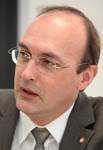 |
Professor Rik W. De Doncker, RWTH Aachen University, Germany
Title of speech: DC Technology based on Power Electronics enables Flexible Electrical Networks for a Sustainable Energy Supply.
Rik W. De Doncker (M'87‑SM'99‑F'01) received his Ph.D. degree in electrical engineering from the KULeuven, Belgium. In 1987, he was appointed Visiting Associate Professor at the University of Wisconsin, Madison. In 1988, he joined the GE Corporate Research and Development Center, Schenectady, NY. He led research on drives and high-power soft-switching converters, ranging from 100 kW to 4 MW for aerospace, military, industrial and traction applications. In November 1994, he joined Silicon Power Corporation (formerly GE-SPCO) as Vice President Technology, developing world’s first medium-voltage static transfer switch.
Since Oct. 1996, he is professor at RWTH Aachen University, Germany, where he leads the Institute for Power Electronics and Electrical Drives (ISEA). In Oct. 2006 he was appointed director of the E.ON Energy Research Center at RWTH Aachen University, where he also founded the Institute for Power Generation and Storage Systems (PGS). He is director of the RWTH CAMPUS Cluster Sustainable Energy and leads the German Federal Government BMBF Flexible Electrical Networks (FEN) Research CAMPUS. He has a doctor honoris causa degree of TU Riga, Latvia.
He has published over 400 technical papers and is holder of more than 40 patents. Dr. De Doncker is recipient of the IAS Outstanding Achievements Award and the IEEE Power Engineering Nari Hingorani Custom Power Award (2008). In 2009, he led a VDE/ETG Task Force on Electric Vehicles. In 2010, he became member of the German National Platform for electro-mobility. He is the recipient of the 2013 Newell Power Electronics IEEE Technical Field Award, and the 2014 IEEE PELS Harry A. Owen Outstanding Service Award. In 2015 he was awarded Fellow status at RWTH University. In 2016 he became member of the German Academy of Science and Technology (ACATECH). 2017 he became Member of the International Advisory Board of French automotive research institute VEDECOM. He has been awarded the 2020 IEEE Medal in Power Engineering.
|
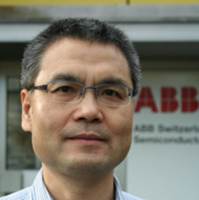 |
Dr. Makan Chen, ABB Power Grids -Semiconductors, Switzerland
Title of speech: ABB Progress on Power Semiconductors for T&D application
Dr. Makan Chen (Ph.D, MBA), Male, born 1963 in Xiamen, China, Senior Technical Sales Expert. Dr. Chen graduated from Harbin Institute of Technology, received Ph.D. at University of Sheffield, worked as Post-Doctor at Cambridge University. He was a leading research fellow at ABB Corporate Research Centre in the field of High Temperature Superconductivity. Dr. Chen joined ABB Semiconductors in 2004 with main duty on Design, Manufacturing and Business Development of high power semiconductors.
|

![]() How to attend the virtual conference.pdf
How to attend the virtual conference.pdf
